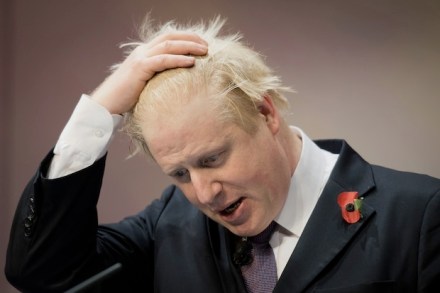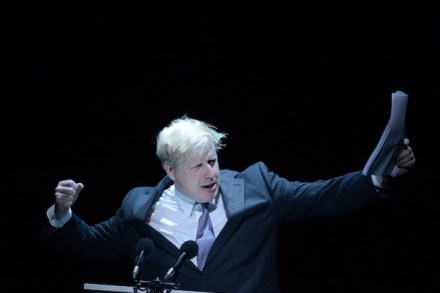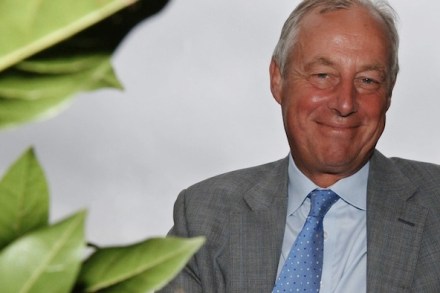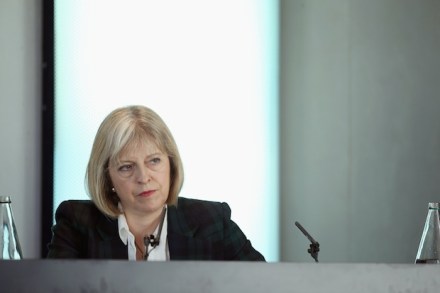Tory candidate: Conservative party not doing enough to convince minorities it is not racist
Is the Conservative party doing enough to attract ethnic minority voters? We’ve reported previous pushes by Chairman Grant Shapps and Home Secretary Theresa May to appeal to groups who have centre-right values but are turned off the Tories. But the FT today suggests that the top of the party is struggling to show enthusiasm, with one party insider claiming that Lynton Crosby feels it ‘muddies the message’ to move away from economy, jobs, welfare and immigration. The party’s candidate in Dudley North, Afzal Amin, agrees that the Conservatives are failing to communicate properly with ethnic minority voters. He told Coffee House: ‘What’s very clear to me is that in the




















